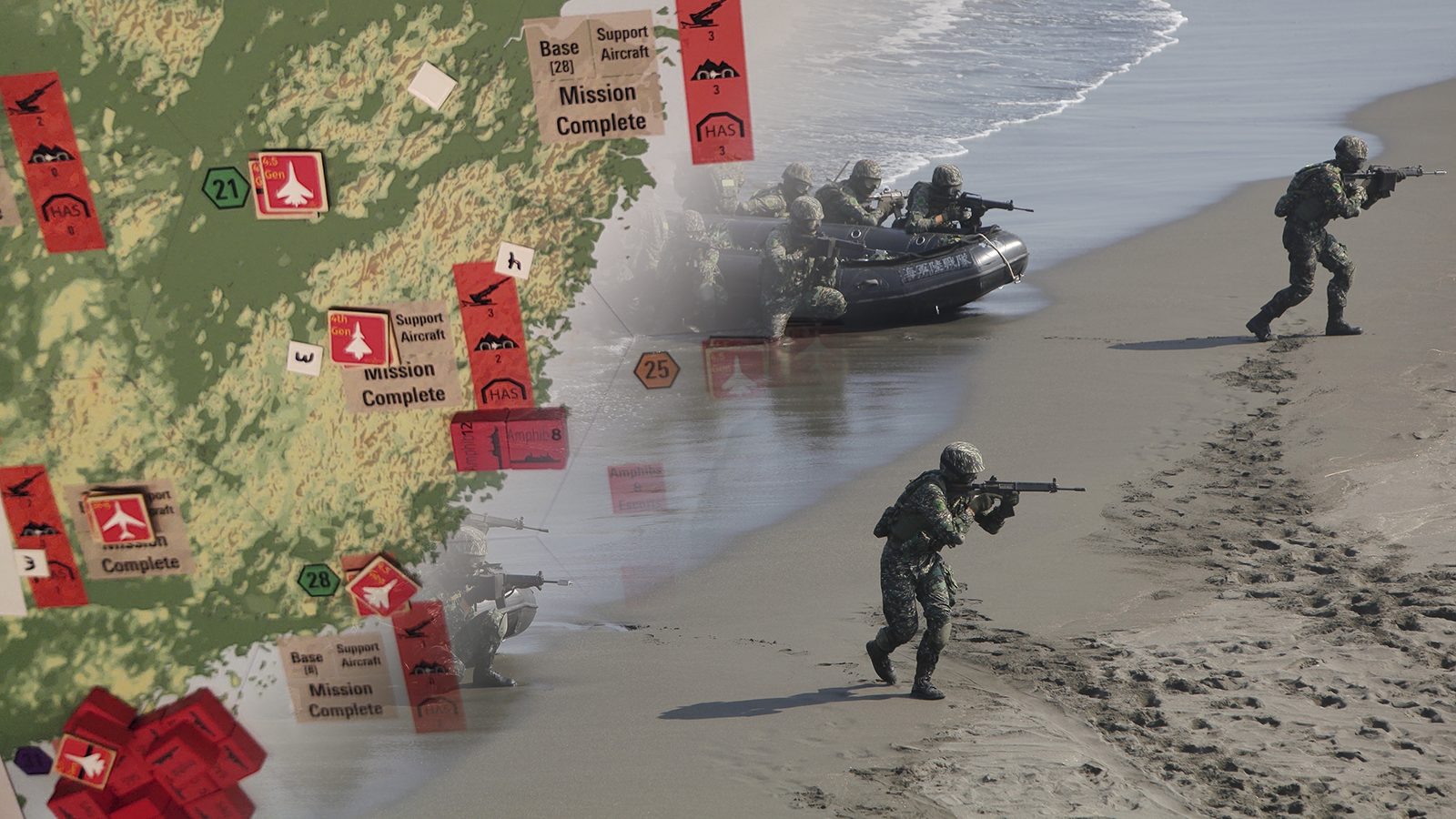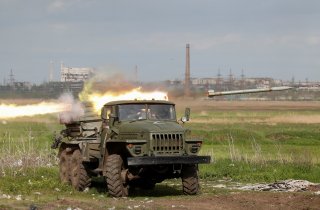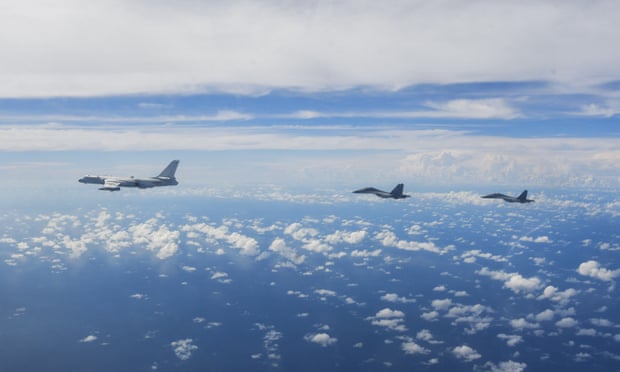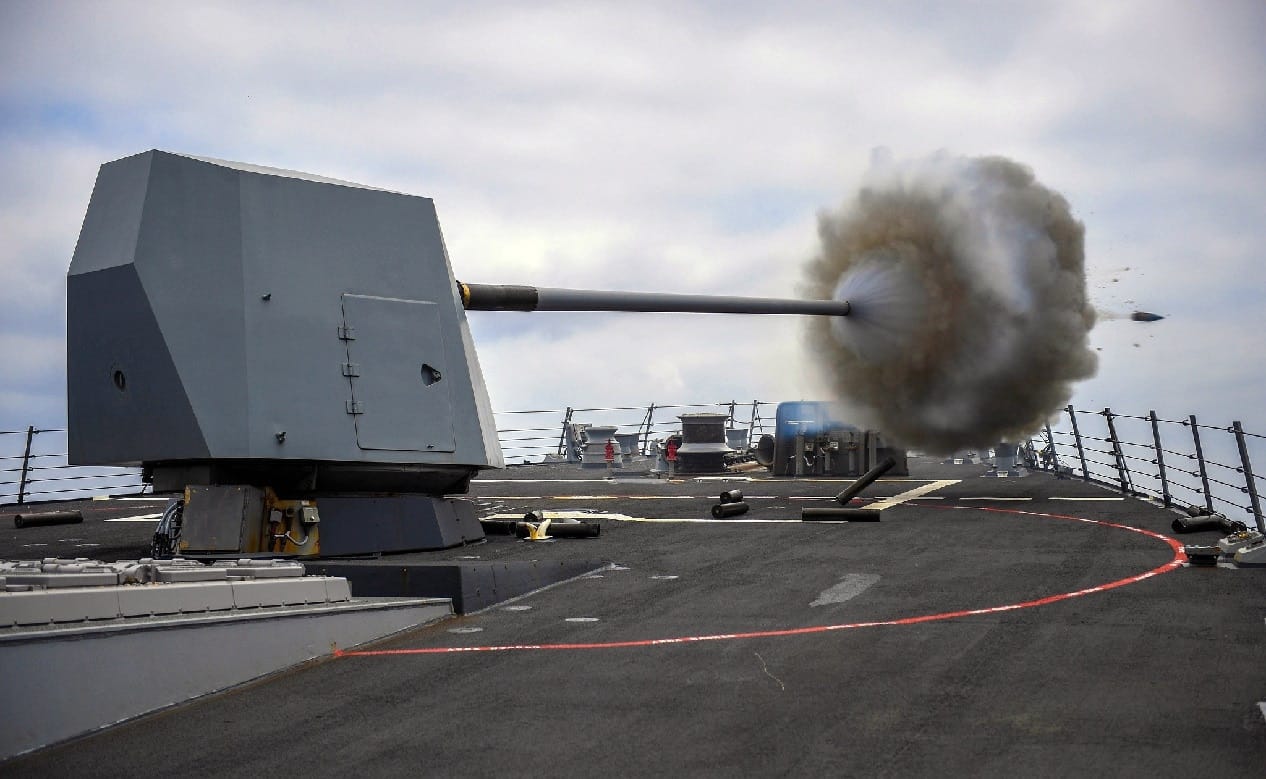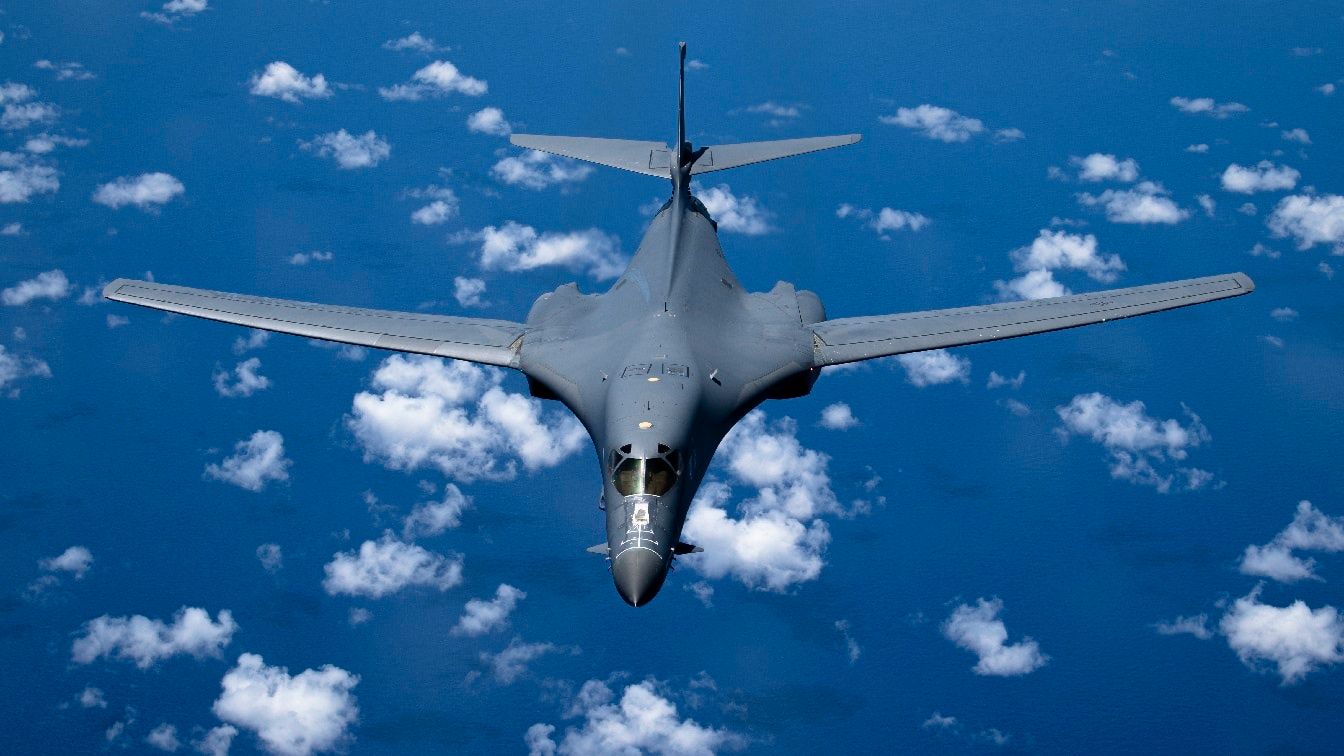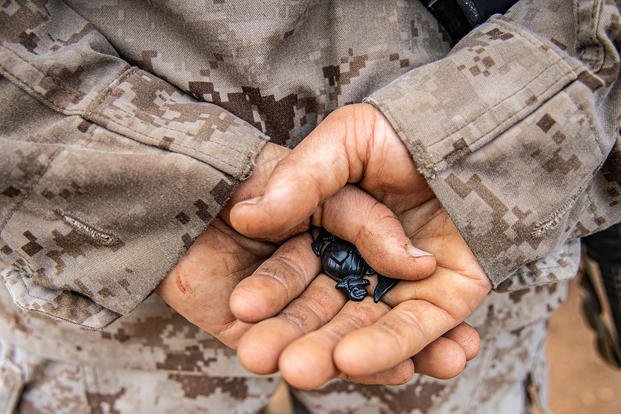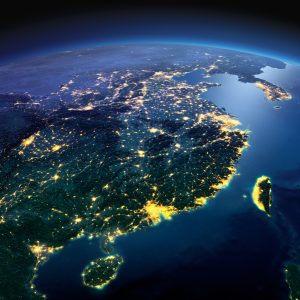Helen Davidson in Taipei, Julian Borge
China carried out fresh military drills around Taiwan on Monday, including anti-submarine attack and sea raid operations, a day after its major live-fire exercises targeting the territory were supposed to end.
Beijing’s defence ministry also defended its shelving of military talks with the US in protest against Nancy Pelosi’s visit to Taipei last week, which have raised concerns about potential accidents escalating into conflict.
Last week, the People’s Liberation Army (PLA) targeted Taiwan with days of major live-fire exercises, which were scheduled to end on Sunday. Their end was never announced by the PLA, but notices of avoidance were reportedly lifted and normal sea and air traffic had resumed.
On Monday, however, China’s Eastern Theatre Command announced it would conduct joint drills focusing on anti-submarine and sea assault operations – confirming the fears of some security analysts and diplomats that Beijing would maintain pressure on Taiwan’s defences. No further details were provided.
“The eastern theatre of the Chinese People’s Liberation Army continued to carry out practical joint exercises and training in the sea and airspace around Taiwan island,” the military said.
The exercises, the PLA’s Eastern Command added, were “focusing on organising joint anti-submarine and sea assault operations”.
“China‘s provocation and aggression have harmed the status quo of the Taiwan strait and raised tensions in the region,” the island’s foreign ministry said.
Of those, 21 aircraft crossed the median line, an unofficial demarcation between China and Taiwan that the former does not recognise.
The US president expressed concern Monday but said he did not expect the situation to escalate further.
“I’m not worried, but I’m concerned they’re moving as much as they are. But I don’t think they are going to do anything more than they are,” Joe Biden told reporters at Dover air force base.
The US defence department policy chief, Colin Kahl, said the Pentagon had not changed the assessment given last year by the former chairman of the joint chiefs of staff, Mark Milley, that China was unlikely to invade Taiwan in the next two years. However, Kahl said Beijing was trying to “salami-slice their way into a new status quo”.
“A lot has been made of the missile strikes but really it’s the activities in the strait itself, the sheer number of maritime and air assets that are crossing over this de facto centre line, creeping closer to Taiwan shores, where it’s clear that Beijing is trying to create a kind of new normal,” he said.
Beijing’s goal was to try to coerce Taiwan and the international community by threatening to cut off the strait to shipping, Kahl said.
“All I say is: we’re not going to take the bait and it’s not going to work. It’s a manufactured crisis and that doesn’t mean we have to play into that. I think it would only play to Beijing’s advantage,” he added.
“What we’ll do instead is to continue to fly, to sail and to operate wherever international law allows us to do so, and that includes in the Taiwan strait, and we will continue to stand by our allies and partners in the region.”
The PLA had already announced that China would conduct live-fire exercises in the Yellow Sea from Sunday until 15 August, in five exclusion zones. Taiwan authorities said the areas would not affect its international flight routes.
Pelosi’s visit last week infuriated China, which regards Taiwan as its own territory and responded with test launches of ballistic missiles over Taipei for the first time, as well as ditching some lines of dialogue with Washington.
The island’s defence ministry said that during last week’s drills Chinese military ships, aircraft and drones had simulated attacks on the island and its navy, and conducted multiple sea and air incursions over the median line.
About 10 warships each from China and Taiwan manoeuvred at close quarters around the line on Sunday, according to a person familiar with the situation who is involved with security planning. The defence ministry in Taiwan said it had sent aircraft and ships to react “appropriately”.
A Taiwan defence ministry spokesperson said no PLA craft had entered Taiwan’s territorial waters, stretching 12 nautical mile out from its coastline, during the drills. He did not say how close the PLA had been detected, or if it was inside the 24-nautical-mile contiguous zone.
He said the military had also identified multiple cyberwarfare attacks allegedly from China, and at least 272 attempts to spread disinformation.
Timothy Heath, a defence researcher at the Rand Corporation, said China’s drills over the past few days showed the PLA was strengthening its ability to carry out a blockade.
“A blockade could be executed alone or in conjunction with other military options such as missile barrages or an invasion of Taiwan,” he said.
Amid the furious responses, China also called off formal talks involving theatre-level commands, defence policy coordination and military maritime consultations on Friday as Pelosi left the region.
China’s defence ministry spokesperson, Wu Qian, defended the decision to suspend military channels, saying in an online post on Monday: “The current tense situation in the Taiwan strait is entirely provoked and created by the US side on its own initiative, and the US side must bear full responsibility and serious consequences for this.
Pentagon, state department and White House officials condemned the move, describing it as an irresponsible overreaction.
China’s cutting of some of its few communication links with the US military raises the risk of an accidental escalation over Taiwan at a critical moment, according to security analysts and diplomats.
One US official noted that Chinese officials had not responded to calls from senior Pentagon officials amid the tensions last week, but that they did not see this as a formal severing of ties with senior figures, such as the US defence secretary, Lloyd Austin.
Asked directly about those reports, Wu said: “China’s relevant countermeasures are a necessary warning to the provocations of the United States and Taiwan, and a legitimate defence of national sovereignty and security.”
… as you’re joining us today from India, we have a small favour to ask. Tens of millions have placed their trust in the Guardian’s fearless journalism since we started publishing 200 years ago, turning to us in moments of crisis, uncertainty, solidarity and hope. More than 1.5 million supporters, from 180 countries, now power us financially – keeping us open to all, and fiercely independent.
Unlike many others, the Guardian has no shareholders and no billionaire owner. Just the determination and passion to deliver high-impact global reporting, always free from commercial or political influence. Reporting like this is vital for democracy, for fairness and to demand better from the powerful.
And we provide all this for free, for everyone to read. We do this because we believe in information equality. Greater numbers of people can keep track of the events shaping our world, understand their impact on people and communities, and become inspired to take meaningful action. Millions can benefit from open access to quality, truthful news, regardless of their ability to pay for it.
Every contribution, however big or small, powers our journalism and sustains our future.
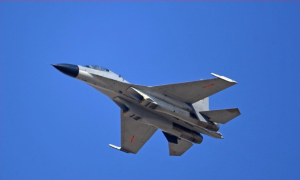
:quality(100)/cloudfront-us-east-1.images.arcpublishing.com/thesummit/KGHFUIMUMVH77LASYU4W4F3MDY.jpg)
